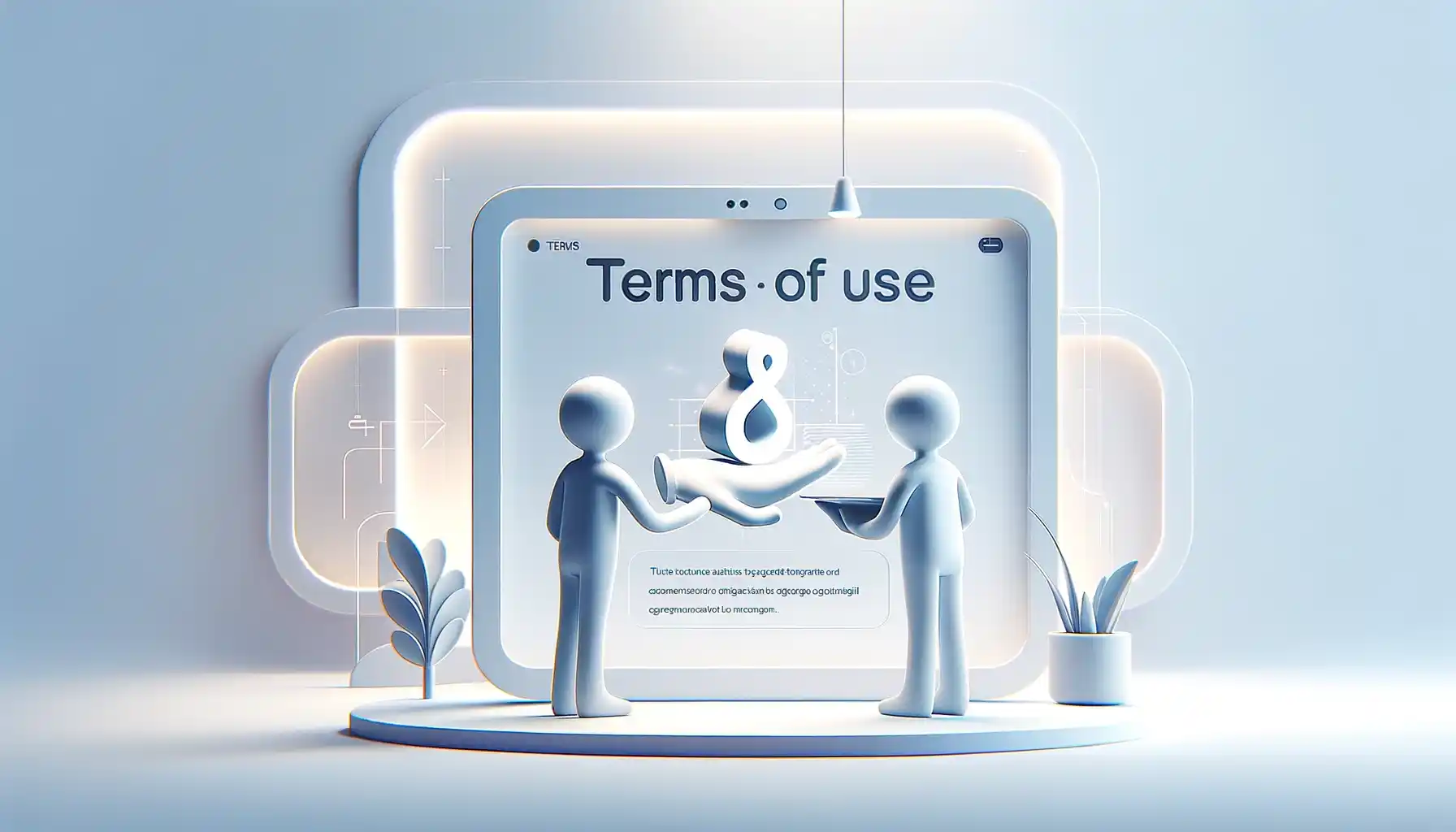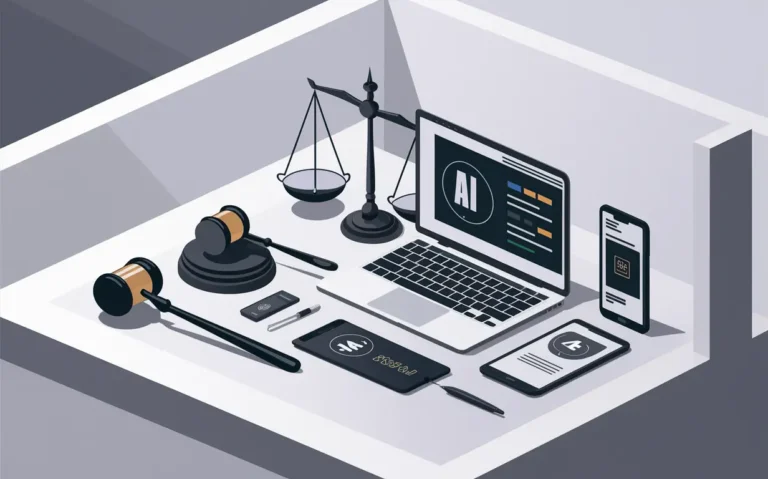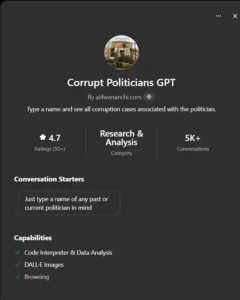As a blogger focused on the realm of technology and AI, it’s vital to stay informed about the terms and policies of major tech entities.
In this blog post, I delve into the intricate details of OpenAI’s Terms of Use, effective as of November 2023. These terms are crucial for anyone using OpenAI services, including popular tools like ChatGPT and DALL·E.
You can view OpenAI’s privacy policies here
General provisions
Applicability of terms: OpenAI’s Terms of Use apply to all their services, encompassing ChatGPT, DALL·E, and related software and websites. This agreement is between the user and OpenAI, L.L.C., a Delaware company.
Minimum age requirement: To use OpenAI’s services, one must be at least 13 years old, or the minimum age required in their country. Users under 18 require permission from a parent or legal guardian.
Account registration necessities: Users must provide accurate and complete information when registering for an account. Account sharing is prohibited, and users are responsible for all activities under their account.
Usage policies
What is permitted: Users can access and use OpenAI’s services, provided they comply with these terms and all applicable laws. Compliance with OpenAI’s various policies is also a must.
What is prohibited: Using the services for illegal, harmful, or abusive activities is not allowed. This includes infringing on rights, reverse engineering, misrepresenting AI outputs, interfering with services, and using outputs to develop competing models.
Corporate and third-party issues
Corporate domain accounts: Accounts created with a corporate email may become part of the organization’s business account with OpenAI.
Third-party services and outputs: OpenAI services may include third-party software, products, or services. These are governed by their own terms.
Feedback and content responsibility
Feedback usage by OpenAI: User feedback can be used by OpenAI without restrictions or compensation.
User responsibility for content: Users are responsible for the content they provide, ensuring it complies with laws and terms. Users retain ownership rights in their input and own the output.
Accuracy and intellectual property
Accuracy disclaimer: Due to the evolving nature of AI and machine learning, outputs may not always be accurate or reflect real facts.
Intellectual property rights: OpenAI retains all rights, title, and interest in its services. Users are permitted to use OpenAI’s name and logo according to their brand guidelines.
Financial terms
Billing and service credits: Accurate billing information is required for paid services. Service credits are subject to specific terms.
Cancellation policy: Users can cancel paid subscriptions at any time, with payments being non-refundable except as required by law.
Termination, suspension, and service changes
Termination rights: OpenAI may terminate or suspend access for breaches of terms, legal compliance, or risks to OpenAI or others.
Service discontinuation: Users will receive advance notice if OpenAI decides to discontinue services, with refunds for unused prepaid services.
Service changes: OpenAI may update terms or services to adapt to new technologies, legal requirements, or other reasons.
Legal and dispute resolution
Disclaimer of warranties: Services are provided “as is,” with no warranties except as prohibited by law.
Limitation of liability: OpenAI’s liability is limited, and they are not liable for indirect or consequential damages.
Mandatory arbitration and dispute resolution: Disputes are resolved through arbitration, with an option for users to opt out within 30 days of account creation or updates to arbitration terms.
General terms
Assignment and changes: Users cannot transfer rights under these terms, and OpenAI may make changes to terms or services.
Trade controls compliance: Users must adhere to trade laws, sanctions, and export control laws.
Governing law and jurisdiction: California law governs these terms, with exclusive jurisdiction in San Francisco, California.
OpenAI’s Terms of Use are extensive and cover a range of legal and operational aspects of their services. For anyone using or planning to use OpenAI tools, understanding these terms is imperative. For the latest information and full details, always refer to OpenAI’s official terms on their website.
Note that this is a summarized version. For full ToS, visit OpenAI’s page here











